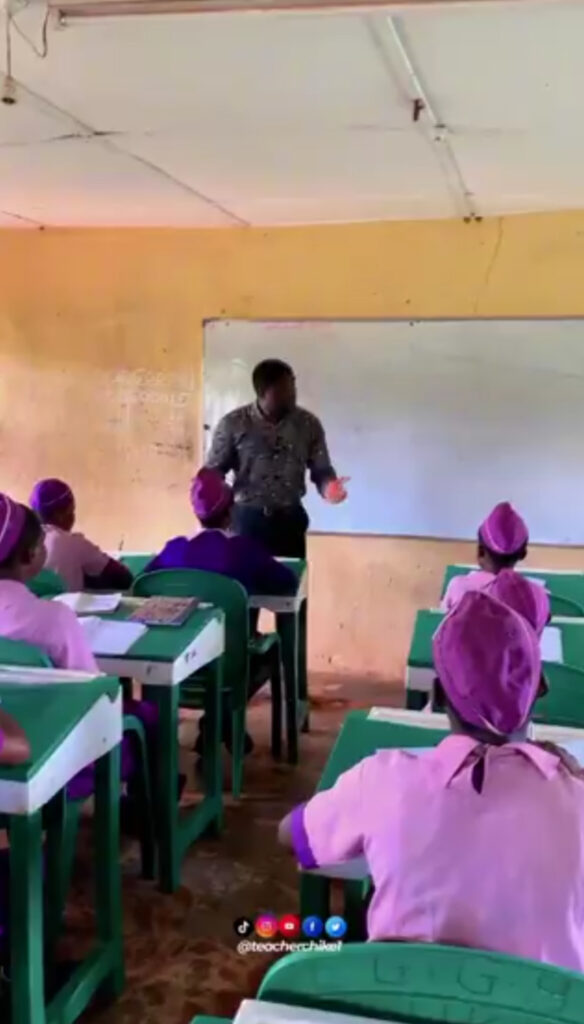In a thought-provoking session that has sparked discussions far beyond the classroom, a teacher recently addressed his students on the virtues of marrying a virgin wife.

The lesson, aimed at exploring traditional values and their relevance in contemporary society, has since become a topic of intense debate and reflection.
The Classroom Lesson
During the class, the teacher emphasized the cultural and moral significance traditionally associated with marrying a virgin. He highlighted several points, including the perceived benefits of trust, purity, and mutual respect in such unions. The discussion was framed within the context of various cultural norms and religious teachings that uphold virginity as a virtue.
Key Points from the Lesson
- Trust and Commitment: The teacher argued that marrying a virgin wife could foster a deeper sense of trust and commitment in a relationship. He suggested that mutual dedication to preserving purity could strengthen the marital bond.
- Cultural and Religious Values: He noted that many cultures and religions place high importance on virginity before marriage. Upholding this value, he said, could bring honor and respect within certain communities.
- Mutual Respect: The teacher also emphasized that mutual respect for each other’s choices and values is crucial. He highlighted that the decision to marry a virgin wife should be based on mutual consent and shared beliefs.
Reactions from Students
The teacher’s lesson elicited a range of reactions from students, reflecting the diversity of opinions on the topic. Some students agreed with the traditional perspective, appreciating the focus on moral values and cultural heritage. Others, however, felt that such views might be outdated and not necessarily applicable to modern relationships.
- “I understand where the teacher is coming from, but I think love and respect should be the foundation of any marriage, not necessarily virginity.”
- “It’s interesting to learn about traditional values, but we also need to consider contemporary views on relationships and personal choices.”
- “I respect the emphasis on cultural heritage, but I believe personal happiness and compatibility are more important in marriage.”
Broader Discussion
The classroom discussion has sparked a broader conversation about the place of traditional values in today’s society. It raises important questions about how cultural and religious beliefs intersect with modern views on relationships and personal freedom.
- Balancing Tradition and Modernity: The debate highlights the challenge of balancing respect for traditional values with the evolving norms of contemporary society. While some see the virtue of marrying a virgin as timeless, others believe that love, compatibility, and mutual respect are paramount.
- Individual Choice and Freedom: The discussion also underscores the importance of individual choice and freedom in relationships. It emphasizes that personal decisions about marriage should be respected, regardless of whether they align with traditional values.
- Educational Impact: The teacher’s lesson serves as a reminder of the role education plays in fostering critical thinking and open dialogue. By encouraging students to explore and discuss different perspectives, educators can help them develop a well-rounded understanding of complex issues.
Final Thoughts
The teacher’s lesson on the virtue of marrying a virgin wife has sparked a meaningful conversation about the intersection of traditional values and modern relationships. It highlights the importance of understanding and respecting diverse perspectives while navigating the complexities of contemporary society. As students and the broader community continue to reflect on this topic, it serves as an opportunity to appreciate the richness of cultural heritage while also embracing the principles of personal freedom and mutual respect in relationships.














